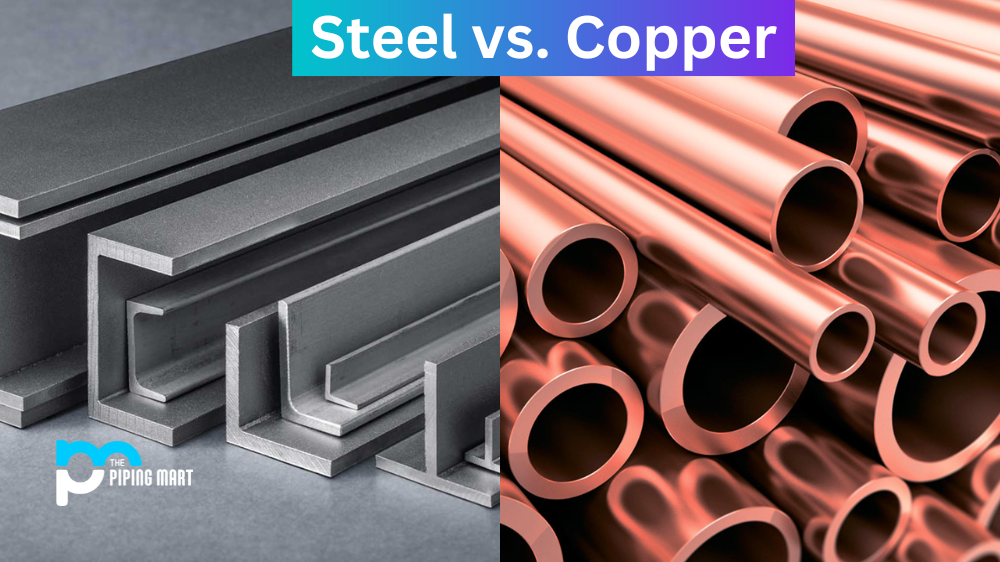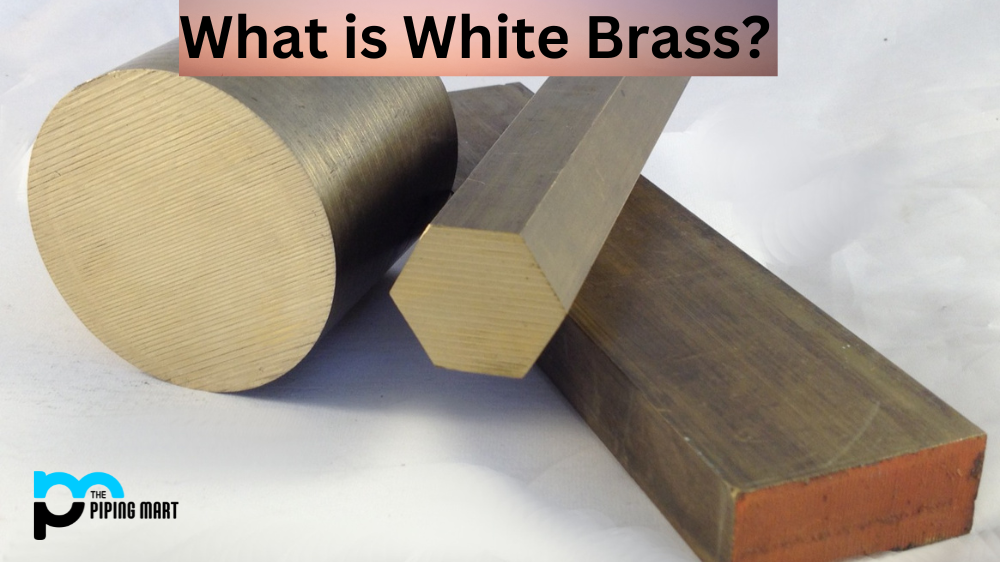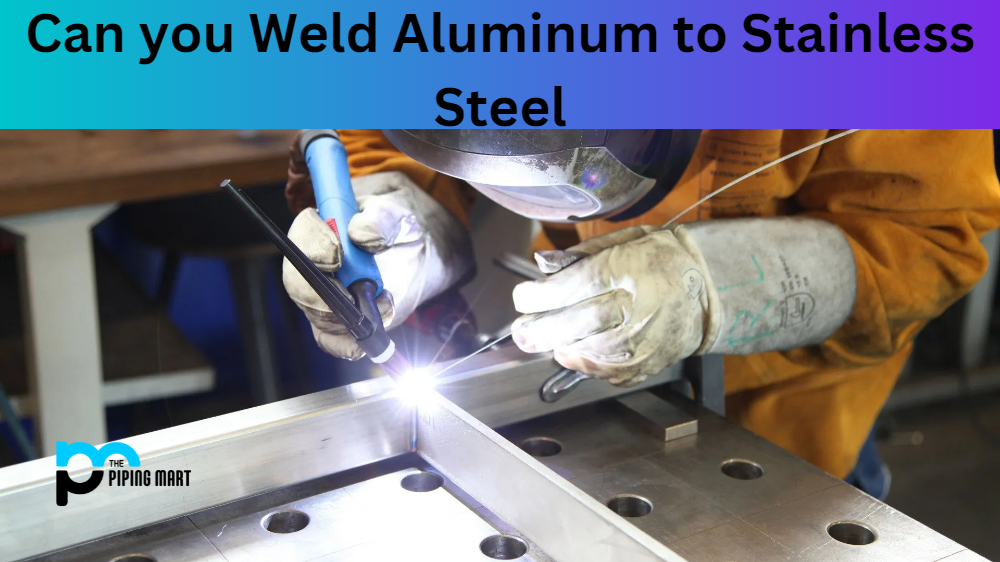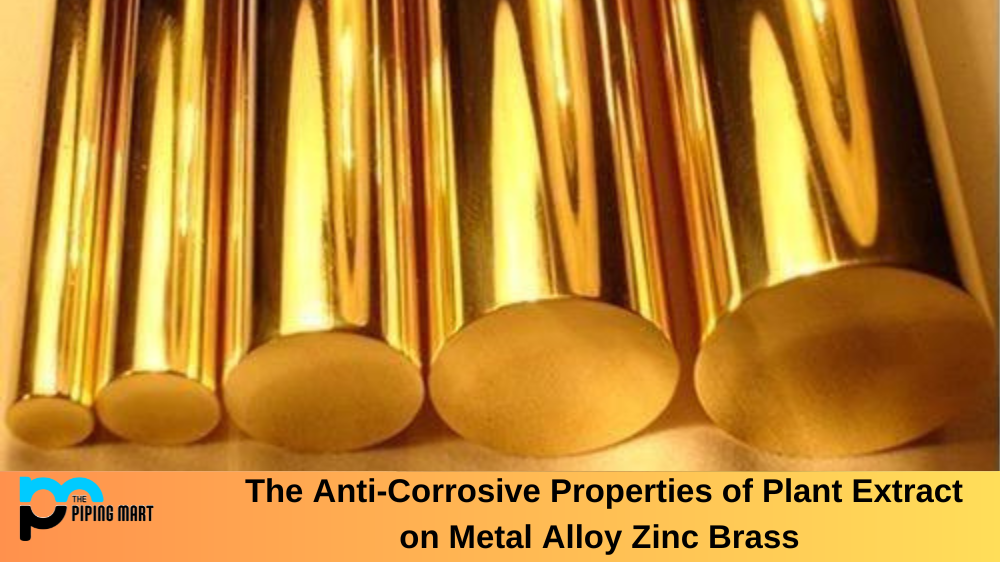Steel and copper are two popular materials used for home renovations. Both have their own sets of advantages and disadvantages, which is why it’s important to understand the differences between them before making a decision about which one to use. Here, we outline the pros and cons of steel vs. copper so you can determine which material is best for your project.
Advantages of Steel
Steel is an incredibly strong material, making it an ideal choice for structural supports or other projects that require extra strength. It’s also relatively inexpensive compared to other materials, such as copper. Additionally, steel is resistant to corrosion, meaning it won’t rust or corrode when exposed to moisture or certain chemicals. This makes it a great choice for outdoor projects where the material may be exposed to the elements. Finally, steel can be recycled easily, making it a more sustainable option than some other materials.
Advantages of Copper
Unlike steel, copper is malleable and easy to shape into complex forms. This makes it ideal for intricate projects such as custom metal sculptures or ornate architectural designs. Additionally, copper has natural antimicrobial properties that make it effective against mold growth and bacteria build-up—a useful feature in areas like bathrooms where mold can be a problem. Furthermore, copper is naturally beautiful with its distinctive reddish-brown hue that will add character and elegance to any room in your home.
Disadvantages of Steel vs. Copper
The main disadvantage of using steel is that it requires regular maintenance if you want it to stay in good condition over time; otherwise, its surface can become discolored due to oxidation or rusting over time if not properly cared for. On the other hand, while copper has plenty of advantages, one potential downside is its cost—it can be significantly more expensive than steel, depending on the size and complexity of your project. In addition, many buyers are put off by the fact that over time the color fades from a vibrant reddish-brown hue into a dull greenish-gray shade due to oxidation from exposure to air and water vapors in the atmosphere.
- Steel is an alloy of iron and carbon, while copper is a pure element.
- Steel is harder and stronger than copper, but copper is more ductile.
- Steel is less expensive than copper.
- Copper is a better conductor of heat and electricity than steel.
- Copper is more resistant to corrosion than steel.
Conclusion:
Whether you choose steel or copper depends on what you need from your project—both materials offer unique benefits that make them well-suited for different kinds of applications in home renovation projects. Steel offers superior strength at an affordable price point, while copper adds beauty as well as antimicrobial properties; however, both materials require regular maintenance if they are going to remain looking their best over time. Ultimately only you know what material works best for your specific project, so make sure you weigh all these factors carefully before making a decision!
Sakshee is a talented blogger, with a particular focus on the Business and Metal Industry. She is passionate about sharing her insights on various metal products and helping professionals to make a better decisions.




